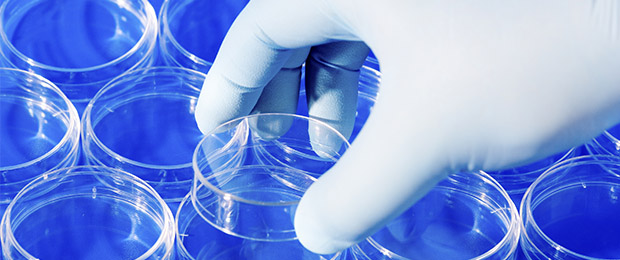In Professor Gordon Keller’s laboratory at the McEwen Center for Regenerative Medicine in Toronto (Canada), scientists are developing cell therapy “to rejuvenate dead tissues and limit the risk of heart failure” in patients who suffer heart attacks.
The scientists used differentiated human embryo stem cells in cardiac cells. After “promising” tests conducted on rats, guinea-pigs and monkeys, “The cells transplanted in the infarction scars beat correctly and age properly”, no malignant tumours were detected after a year and scientists are now focusing on pigs to confirm their results since a pig heart functions in much the same way as a human heart.
To date “initial injections in pigs have highlighted a problem: the transplanted cells do not beat at exactly the same rhythm as the others”. This is troublesome arrhythmia which, in the scientists’ opinion, can be overcome. However, as explained by Professor Michael Laflamme, who rejoined the laboratory in 2015, “at least a dozen tests are still required in pigs before considering a clinical trial in humans” and this will not be feasible “for 4 or 5 years”.
Furthermore, despite guaranteed funding, “Bayer and VersantVentures have invested $225 million in a new company” and the future of these treatments remains uncertain. Patients will have to take immunosuppressants for the rest of their lives. The Toronto scientists are considering two options in an attempt to overcome this obstacle: the use of iPS (induced pluripotent stem cell) cells, the patient’s cells or “genetic handling of embryo stem cells to make them ‘invisible’ to the immune system”.
Le Figaro Santé, Tristan Vey (11/04/2017)

